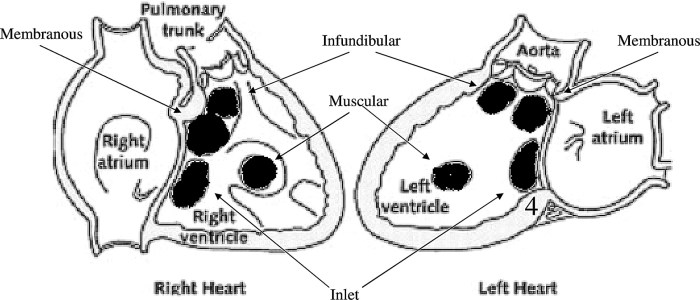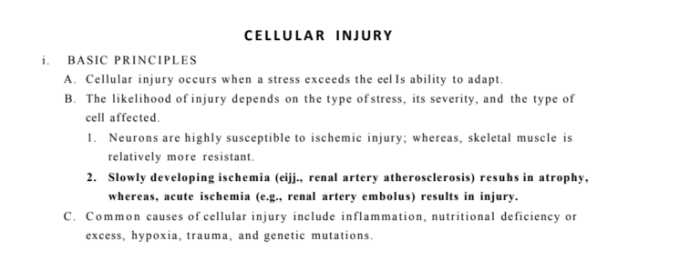Chapter 16 care of patients experiencing urgent alterations in health – Chapter 16: Care of Patients Experiencing Urgent Alterations in Health presents a comprehensive guide to the assessment, diagnosis, and management of acute medical conditions. This chapter emphasizes the significance of prompt recognition and intervention to optimize patient outcomes.
Understanding the prevalence and impact of urgent health conditions, healthcare professionals play a crucial role in providing timely and appropriate care. This chapter equips nurses, physicians, and other healthcare providers with the knowledge and skills to effectively address these life-threatening situations.
1. Introduction

Recognizing and responding to urgent alterations in health is crucial for healthcare professionals. These conditions can arise suddenly and require prompt intervention to prevent serious complications or even death.
Statistics indicate that urgent health conditions account for a significant proportion of emergency department visits and hospital admissions. For instance, chest pain, shortness of breath, and altered mental status are among the most common reasons for seeking emergency medical care.
2. Assessment of Patients Experiencing Urgent Alterations in Health

The initial assessment of patients experiencing urgent alterations in health involves a comprehensive evaluation to determine the underlying cause and severity of the condition.
Vital Sign Monitoring and Physical Examination
Vital sign monitoring, including blood pressure, heart rate, respiratory rate, and oxygen saturation, provides valuable information about the patient’s overall physiological status.
Physical examination focuses on assessing the patient’s respiratory, cardiovascular, and neurological systems, as well as any signs of trauma or infection.
Diagnostic Tests and Procedures
Diagnostic tests, such as electrocardiograms (ECGs), chest X-rays, and blood tests, can help identify the underlying cause of the patient’s symptoms.
In some cases, invasive procedures, such as cardiac catheterization or endoscopy, may be necessary to obtain a more definitive diagnosis.
3. Common Urgent Alterations in Health: Chapter 16 Care Of Patients Experiencing Urgent Alterations In Health
Chest Pain
Chest pain can be caused by a variety of conditions, including coronary artery disease, myocardial infarction, and pericarditis.
Assessment findings may include sharp, stabbing pain, pressure, or tightness in the chest, as well as shortness of breath, nausea, and diaphoresis.
Diagnostic tests include ECG, cardiac enzymes, and chest X-ray.
Shortness of Breath, Chapter 16 care of patients experiencing urgent alterations in health
Shortness of breath can be caused by conditions affecting the lungs, heart, or circulation.
Assessment findings may include difficulty breathing, wheezing, coughing, and chest tightness.
Diagnostic tests include chest X-ray, pulse oximetry, and arterial blood gas analysis.
Altered Mental Status
Altered mental status can be caused by a variety of conditions, including stroke, head injury, and metabolic disturbances.
Assessment findings may include confusion, disorientation, lethargy, or agitation.
Diagnostic tests include neuroimaging, blood tests, and toxicology screening.
Questions Often Asked
What are the most common urgent health alterations?
Common urgent health alterations include chest pain, shortness of breath, altered mental status, seizures, and severe bleeding.
How is the initial assessment conducted for patients experiencing urgent health alterations?
The initial assessment involves obtaining a thorough medical history, performing a physical examination, and monitoring vital signs. Diagnostic tests and procedures may be ordered to determine the underlying cause.
What are the ethical considerations in caring for patients with urgent health alterations?
Ethical considerations include obtaining informed consent, maintaining confidentiality, and addressing end-of-life care decisions. Ethical decision-making in complex situations requires a multidisciplinary approach.